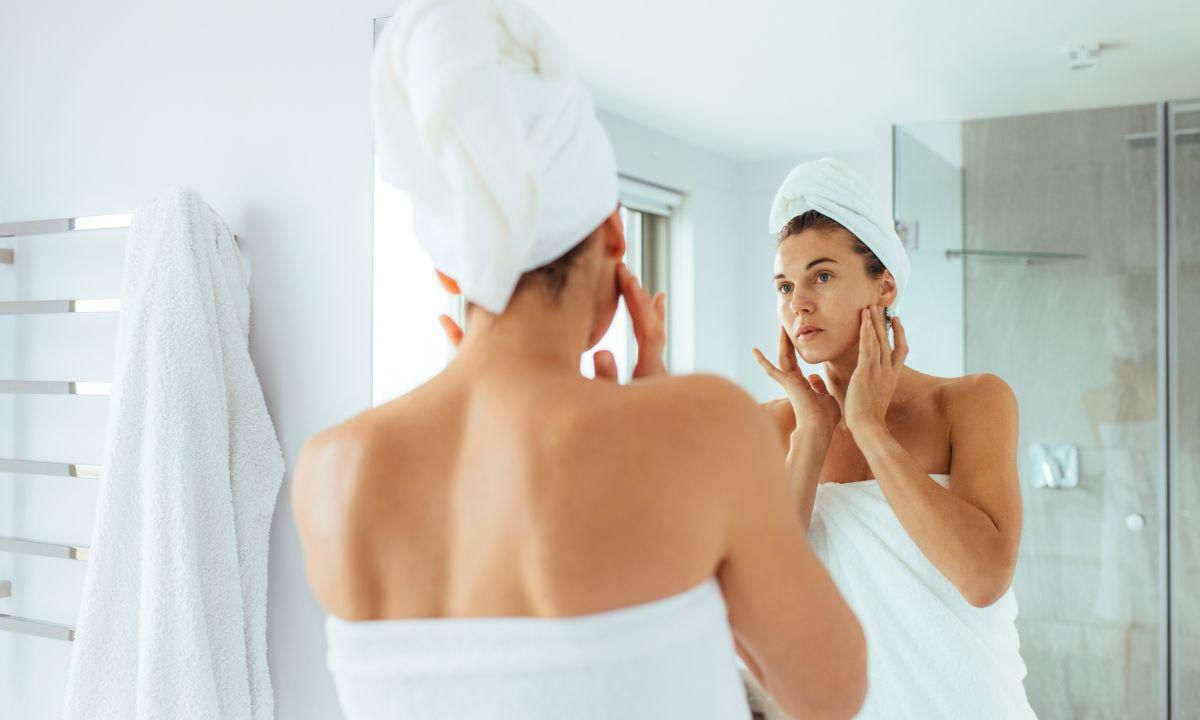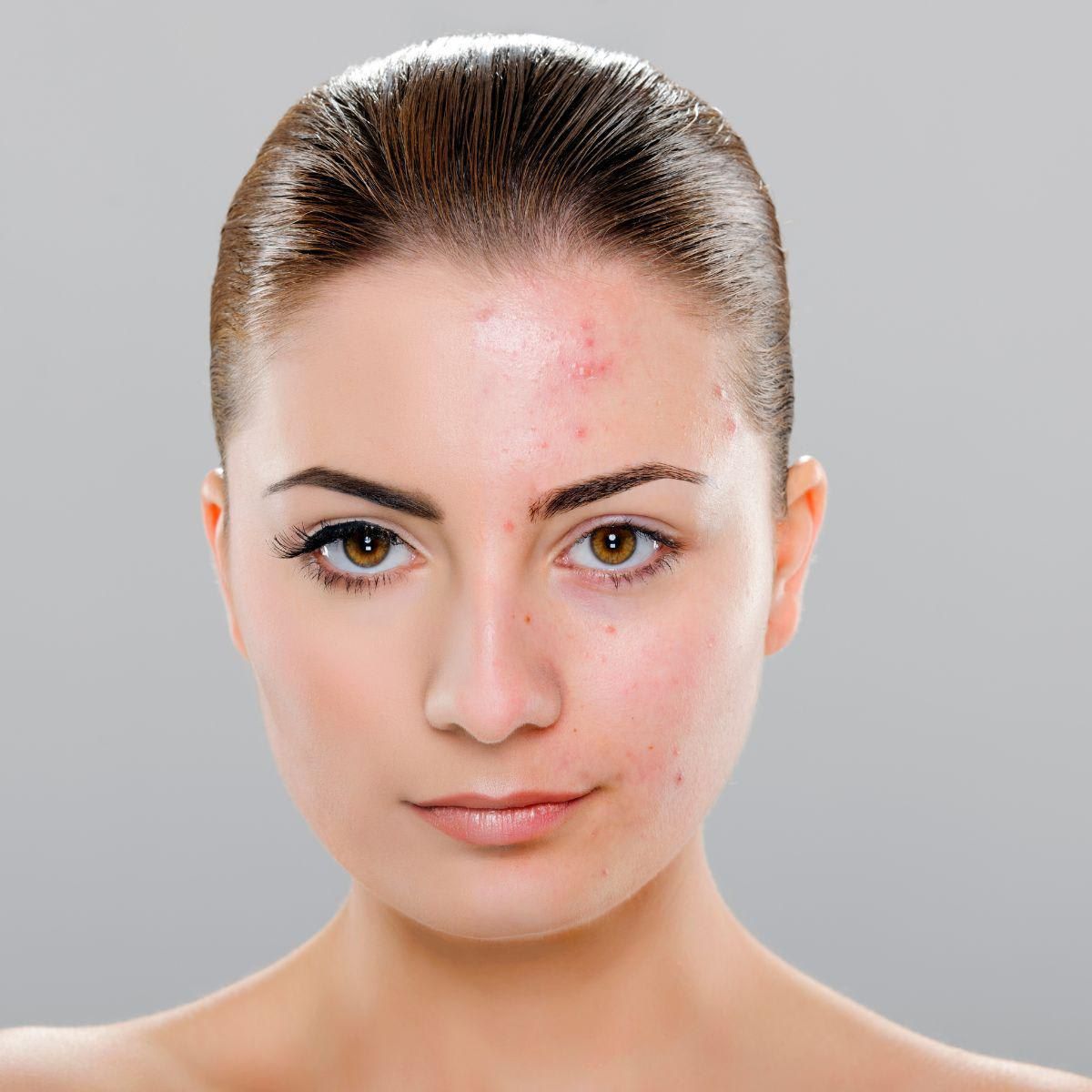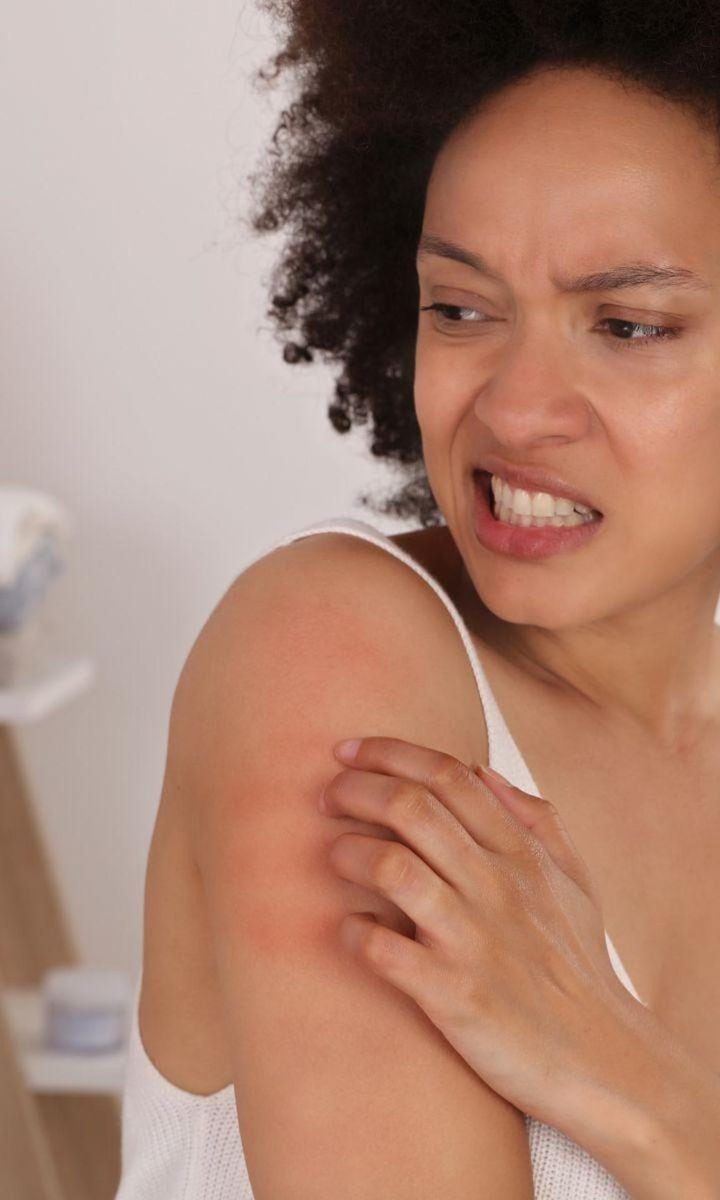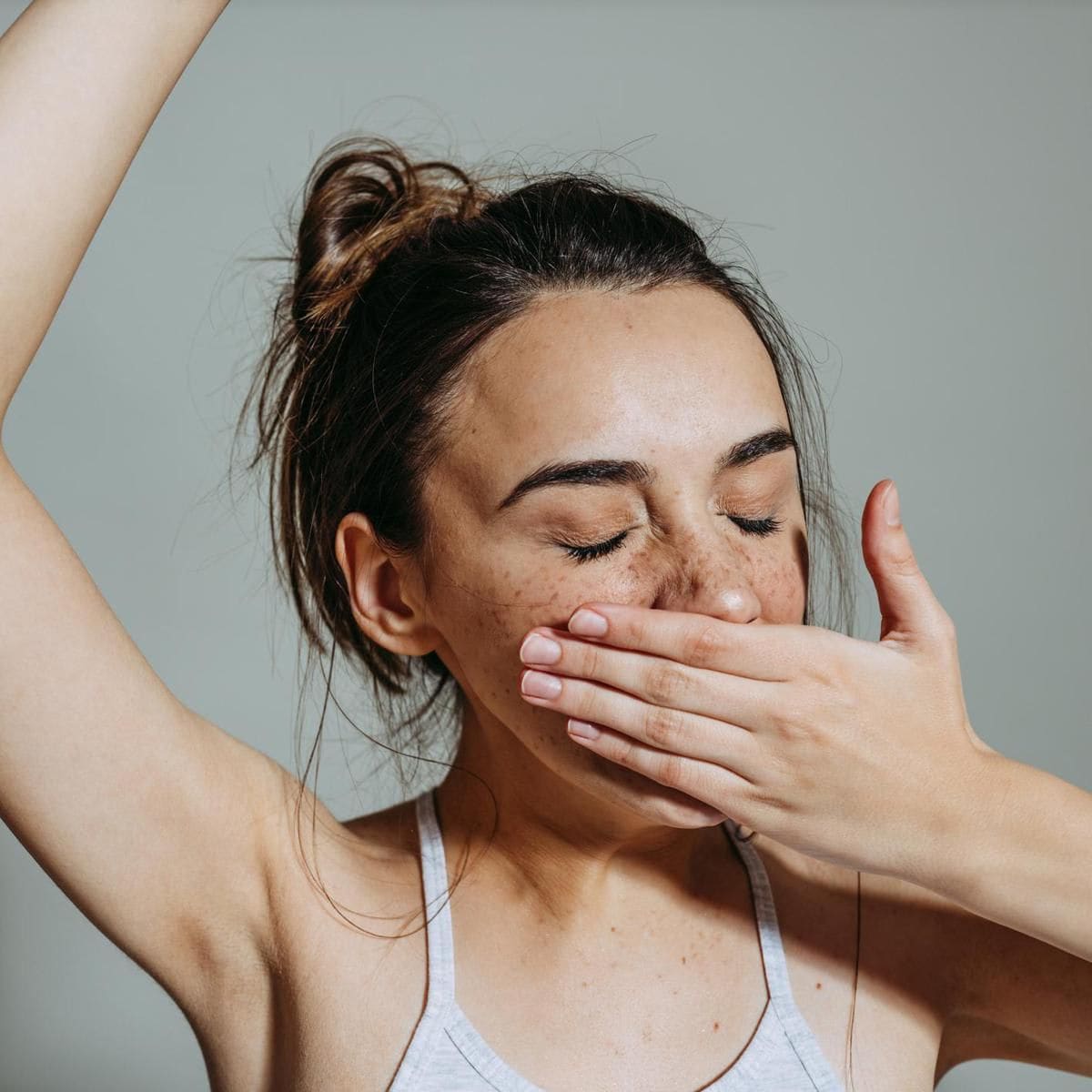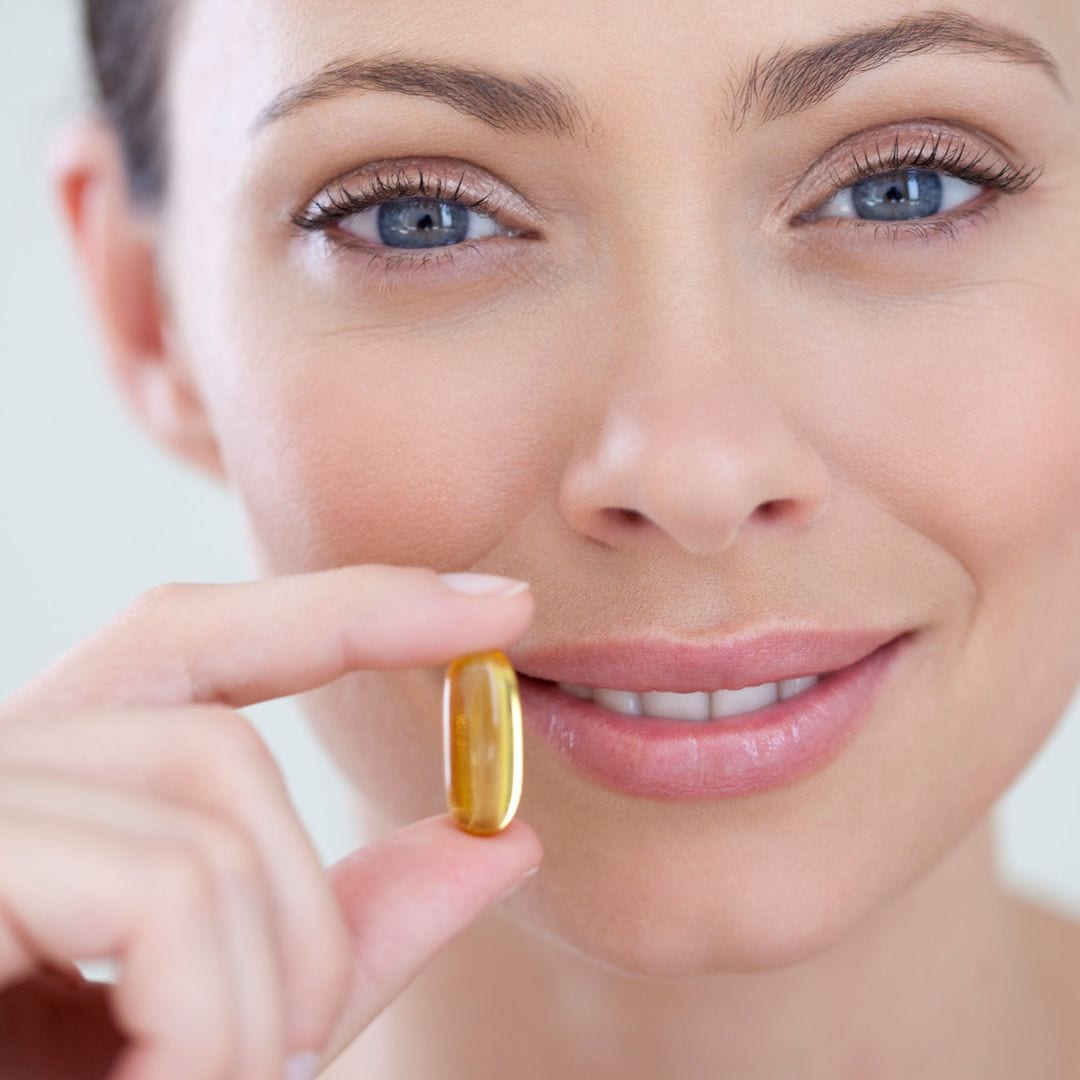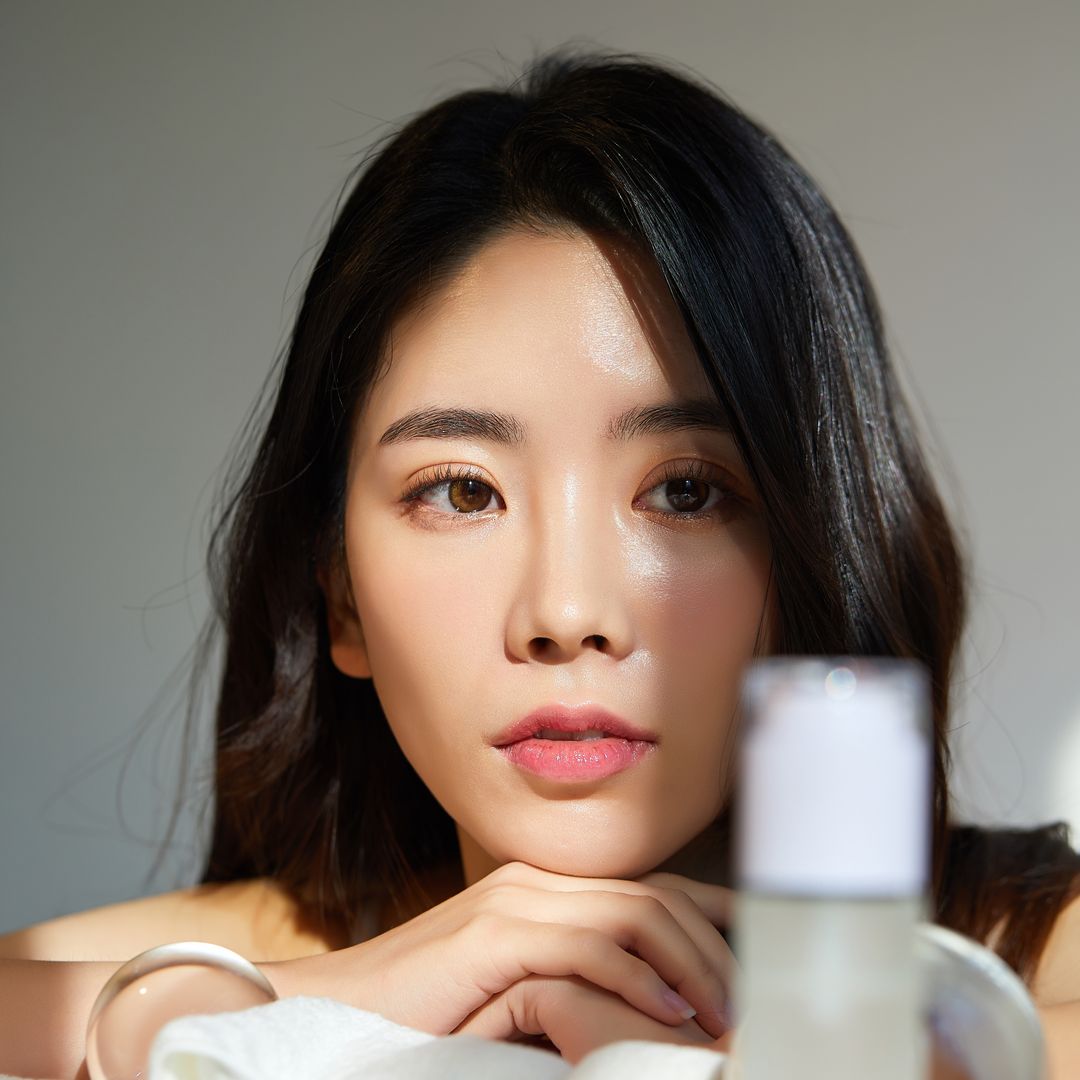You have surely heard that stress affects your health, but perhaps you haven’t considered that it can also wreak havoc on your skin. In addition to losing youthfulness and vitality, the health of the largest organ of your body can also be affected. The good news is that you can detect your body’s natural response to stress and do everything you can to get back to impeccable, healthy skin.
The best way to monitor stress levels in the skin is to take a look in the mirror frequently and take note of any potential changes in texture and appearance. Here are some of the most common signs that show how nervousness, and anxiety might be affecting it.
OILY SKIN
The appearance of pimples or blemishes can be a direct consequence of stress, as our brain, in that state, produces an excess of adrenaline and cortisol, stimulating the immune system and altering the skin’s normal constitution. That’s why breakouts can appear, there is an increase in the amount of grease secreted, which blocks pores. Rosacea can also occur. That’s when the cheeks, forehead, chin, and nose become red and inflamed, and red pimples and pus, a product of excess grease secretion, appear.
HIGH SENSITIVITY
When people are stressed, they often notice that their skin is more sensitive than normal to external factors like extreme weather or pollution. Atopic dermatitis can also appear as a result of this sensitivity. It makes the skin red and itchy. However, when stress is decreased, fewer hormones are released, and this helps the reaction to subside.
DRY, ITCHY SKIN
Due to the release of neuropeptides in many nerve endings, irritation or itchiness can increase. Some people even experience psoriasis, with symptoms including inflammation, and flaking and red skin on the scalp, knees, and elbows. The result is an itching and burning sensations due to the weakening of the immune system.
People can also come down with hives, causing a hormone imbalance and greater sensitivity in the skin. The symptoms include swelling and red rashes that can cause burning, stinging, and irritation.
LOOKING TIRED
Lack of sleep and insomnia are among the top symptoms of this state of distress and tension. This will inevitably cause you to look tired and that will be reflected immediately on your skin. Sleeping at least eight hours – or as many hours as you need, according to your routine – will be restorative and contribute to your skin recovering and looking better.
In order to get a good night’s rest, you can drink chamomile, mint, or lavender tea, take a hot shower, or give yourself a massage before going to bed. All of these things will help you relax and sleep the number of hours you need.
However, you should see a specialist or dermatologist to check out each of these symptoms and treat them specifically. Remember that the most important thing is that you catch the signs early enough to find the best solution and reestablish the healthy and beautiful look of your skin as soon as possible.
,type=downsize)

